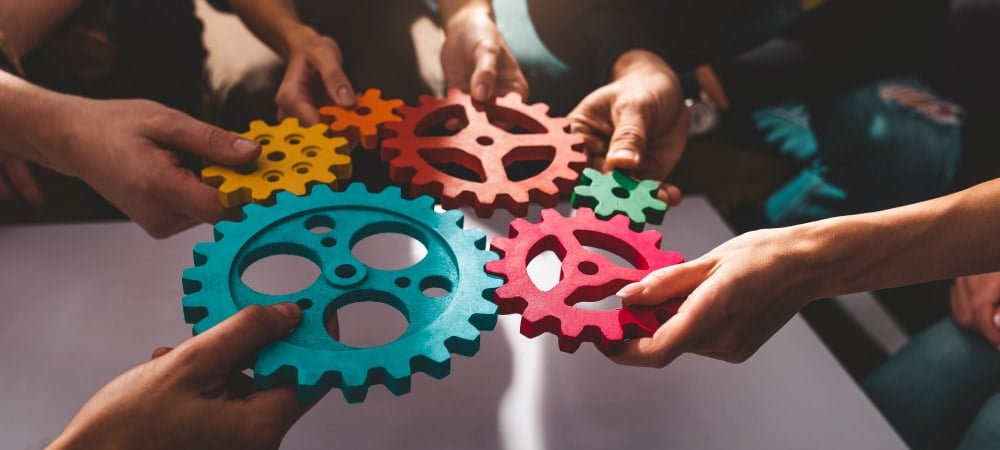Universal means for acceleration


How can this progress be used in the SAP world? The operation of SAP systems and the corresponding development process are very conservative. A failure of an SAP system has catastrophic effects on the company.
Thus, stability is a high good, which is reflected in highly available architectures, in well-defined processes as well as in a low tendency to experiment.
Nevertheless, DevOps is also becoming increasingly important in the SAP world. This is reflected, among other things, in the fact that a DevOps working group (WG) is being established within the DSAG Development working group (AK). There are also a large number of tool providers and consultants who are putting together offers on the subject of DevOps in the SAP environment.
As is so often the case, successful implementation of DevOps requires several components: an appropriate culture, organization, education and training, and corresponding processes and procedures. All of this must be adapted to the specifics of the SAP world.
The SAP world itself is changing rapidly in parallel. Approaches that work in the familiar Abap world and lead to the desired results will not necessarily be successful in a hybrid world in a system network with Abap, Java, in-house developments in the SAP Cloud Platform (SCP), and Fiori components.
Thus, the use of DevOps requires a clean concept: The composition of the teams will be more interdisciplinary than before, because know-how and experience about the components and approaches used quickly produce good results.
Beyond the traditional base and developers, the business side, user experience design, front-end expertise, and enterprise information management (EIM) know-how are needed, as well as experience for any new components or interfaces to be included, such as IoT data via edge computing or one of SAP's SaaS solutions.
End-to-end testing of core business processes that is as automated as possible is essential. The team's crystal-clear and stringently communicated scope ensures that there are no unexpected side effects and that testing remains manageable.
Within this scope, a high degree of freedom for the team ensures reduced effort and increased agility. Agile provision of infrastructure, e.g., through containerization or the use of "Infrastructure as a Service" (IaaS), is also the basis for integrating new components.
Within the framework of this concept, innovations can be introduced, tested and put into production in an agile manner and with short development cycles. Small-step improvements can be achieved quickly and customer feedback can be quickly recorded and implemented "close to the wind".
In particular, the front end and the user experience can be changed in an agile manner and trends can be implemented or set quickly. This increases competitiveness - and those who can adapt to changing conditions with little use of resources have a decisive advantage, and not only in evolution.
When moving from ERP/ECC 6.0 to S/4, this agility is important: The possibilities for optimizing the front end increase dramatically, a frequent request especially from occasional users.
On the other hand, changes may have to be implemented and operated in parallel in the existing ECC system and the new S/4 system for some time. In order not to generate excessive expenses here, the concept described above - especially for the scope - is essential.
Under these conditions, innovations and improvements that are delivered at high frequency in the core product S/4 can be quickly turned to advantage and incorporated into existing processes.
In this way, the benefits of S/4 can be gradually realized, continuously improved and optimized. The investments in the changeover to S/4 thus deliver a value contribution more quickly - which is also important for decision-makers and reduces the initial hurdle for the changeover to S/4.





